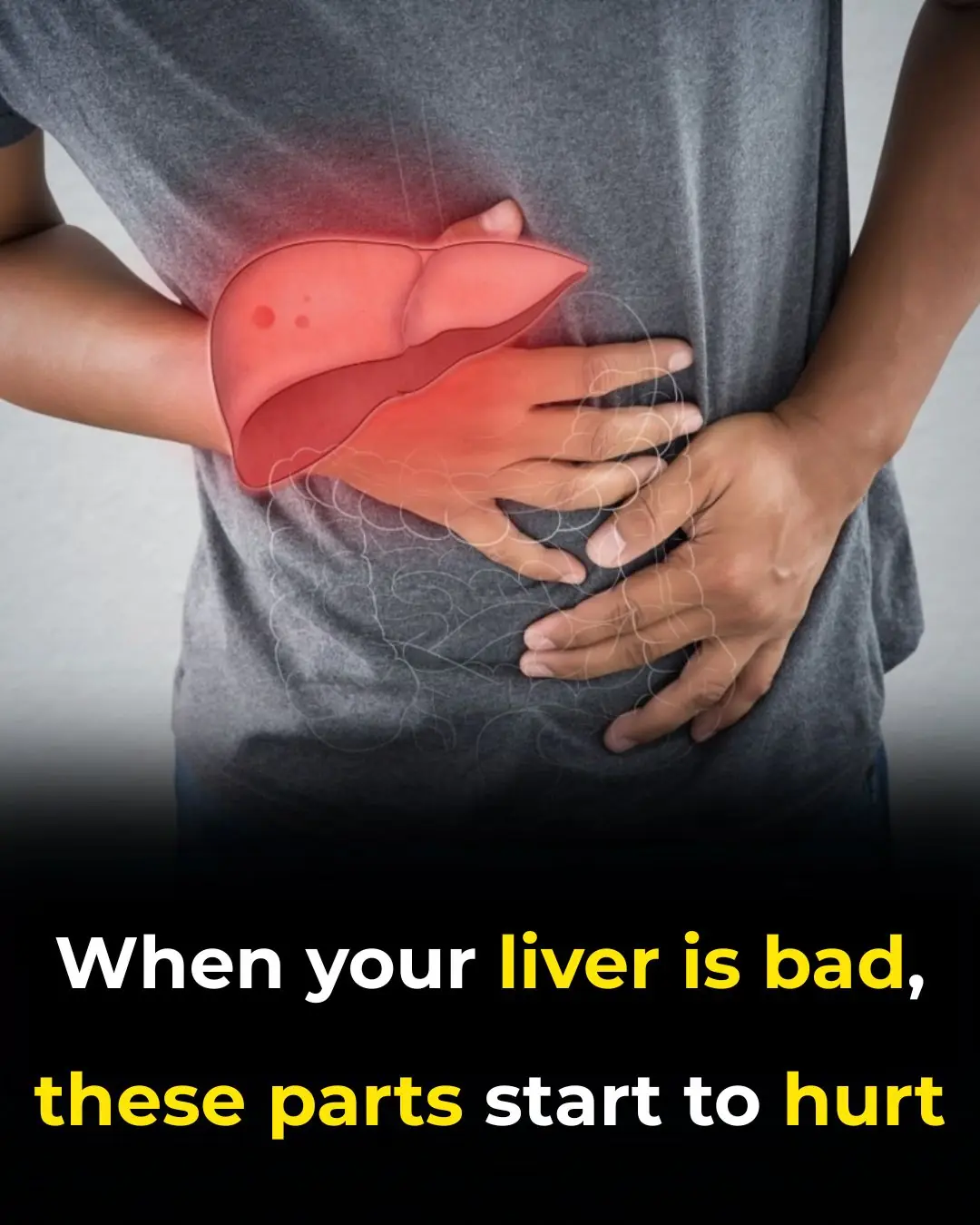
7 Signs of Arthritis You Shouldn't Ignore
Arthritis is not just a condition for the elderly — it can affect people of all ages.
If left untreated, arthritis can lead to chronic pain, disability, and a lower quality of life.
Recognizing early symptoms is crucial for effective management.
Below are 7 key signs of arthritis you should never ignore, followed by practical advice on how to manage it through diet, lifestyle, and habits.
🔍 7 Signs of Arthritis You Shouldn’t Ignore
1. Persistent Joint Pain
Pain in the joints that doesn’t go away after a few days could be a warning sign. This pain may start mild and gradually worsen. It can be constant or occur during or after movement.
2. Joint Swelling
Swelling around one or more joints — often accompanied by warmth and redness — is a common symptom of inflammatory arthritis like rheumatoid arthritis or psoriatic arthritis.
3. Stiffness, Especially in the Morning
If you find it difficult to move your joints after waking up or after sitting for long periods, and the stiffness lasts more than 30 minutes, it could be a sign of arthritis.
4. Reduced Range of Motion
Struggling to bend, twist, or fully move a joint could be a result of joint inflammation or damage to the cartilage, ligaments, or bones due to arthritis.
5. Fatigue and Low Energy
Autoimmune types of arthritis (e.g., rheumatoid arthritis) can cause overall fatigue due to chronic inflammation in the body. You may feel tired even after adequate rest.
6. Cracking or Popping Sounds in Joints (Crepitus)
While not always painful, frequent popping or grinding noises in the joints can signal cartilage wear and tear — often seen in osteoarthritis.
7. Joint Deformity or Changes in Appearance
Over time, arthritis can cause visible changes in joint structure — like crooked fingers or enlarged knuckles. These deformities are a sign that the condition has progressed.
✅ What to Do If You Suspect Arthritis
If you're experiencing any of the above symptoms regularly:
-
See a Rheumatologist: Get a proper diagnosis through physical exams, blood tests, or imaging (like X-rays or MRIs).
-
Start Early Treatment: Early intervention can slow progression and prevent joint damage.
-
Take Medications as Prescribed: These may include anti-inflammatories, disease-modifying antirheumatic drugs (DMARDs), or biologics.
-
Exercise Gently
: Low-impact exercises like swimming, walking, or yoga can help maintain flexibility and strength. -
Manage Weight: Excess weight puts more pressure on your joints, especially the knees, hips, and spine.
-
Apply Heat or Cold Therapy: Heat helps loosen joints; cold helps reduce swelling.
-
Consider Physical Therapy: A trained therapist can guide you in building muscle and protecting joints.
🍽️ Best Foods for Arthritis
Eating the right foods can significantly reduce inflammation and pain associated with arthritis.
✅ Top Anti-Inflammatory Foods:
-
Fatty Fish (salmon, sardines, mackerel): Rich in omega-3s, which reduce joint inflammation.
-
Leafy Greens (spinach, kale, broccoli): Packed with antioxidants and vitamins C, K.
-
Berries (blueberries, strawberries): High in antioxidants and phytonutrients.
-
Nuts and Seeds (walnuts, flaxseeds, chia seeds): Healthy fats and anti-inflammatory compounds.
-
Olive Oil: A natural anti-inflammatory fat.
-
Turmeric: Contains curcumin, a powerful anti-inflammatory agent.
-
Whole Grains (oats, brown rice, quinoa): Better than refined carbs, reduce inflammation.
-
Beans and Lentils
: Good plant-based proteins that also fight inflammation.
❌ Foods to Avoid with Arthritis
Some foods can trigger inflammation, worsen symptoms, or even interfere with medications.
❌ Top Foods to Limit or Avoid:
-
Processed and Fried Foods: Like chips, fast food, and packaged snacks.
-
Sugary Beverages and Sweets: Soda, candy, and baked goods can spike inflammation.
-
Refined Carbohydrates: White bread, pasta, and pastries may increase joint pain.
-
Excessive Red Meat: Especially processed meats like bacon or sausage.
-
Dairy (for some people): Some individuals are sensitive to casein, a protein in milk.
-
Alcohol: Can worsen inflammation and interfere with medications.
-
Salt and Preservatives: Too much sodium can cause joint swelling and water retention.
🛑 Habits to Stop if You Have Arthritis
Managing arthritis also means making lifestyle changes that reduce flare-ups and joint stress.
🚫 Avoid These Habits:
-
Being Sedentary: Lack of movement leads to stiffness and joint deterioration.
-
Overusing Affected Joints: Repetitive strain worsens joint damage.
-
Smoking: Linked to rheumatoid arthritis and can reduce treatment effectiveness.
-
High-Stress Lifestyle: Stress increases inflammation and pain sensitivity.
-
Ignoring Pain: Pushing through pain can cause more harm than good.
-
Skipping Medications or Appointments: Inconsistent treatment worsens outcomes.
-
Improper Posture: Can put extra stress on joints and cause misalignment.
💡 Final Thoughts
Arthritis can be life-altering, but early recognition and proactive management can preserve mobility and quality of life. Pay attention to your body's warning signs, make smart dietary and lifestyle choices, and work closely with your healthcare provider.
Taking control today can lead to a more comfortable and independent tomorrow.
News in the same category

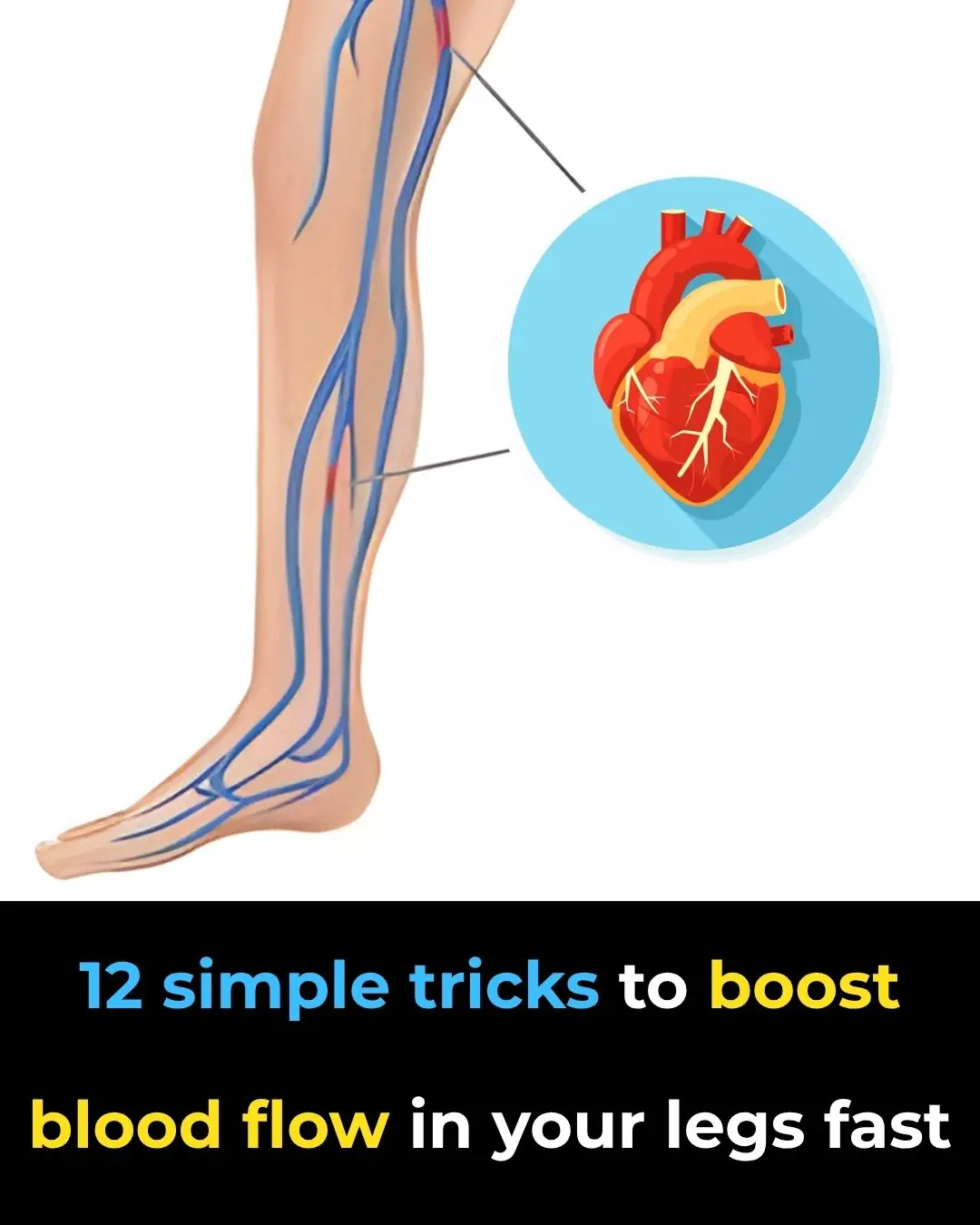
Top 12 ways to quickly improve blood circulation in legs

Tingling Sensation In Your Body: Why Does It Happen

5 Breast Cancer Signs You’ve Never Heard Of — But Shouldn’t Ignore

YOUR BODY’S SCREAMING FOR HELP — DON’T IGNORE THESE HIDDEN DEFICIENCY SIGNS
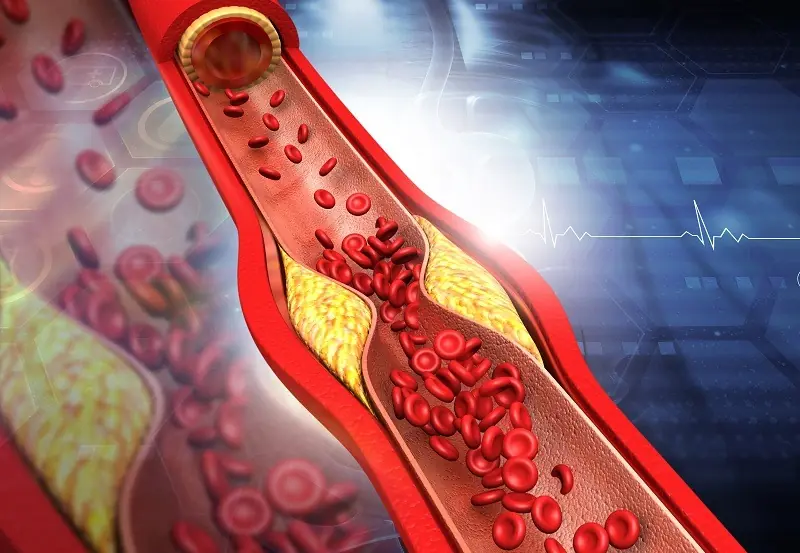
SUBTLE WARNING SIGNS OF CLOGGED ARTERIES AND HOW TO UNCLOG THEM NATURALLY

Scientists have just uncovered a game-changing reason to eat an egg every day

What Happens If You Eat 4 Whole Eggs a Day for 30 Days?

The Most Powerful Anti-Cancer Food You’ve Probably Never Tried

How to Use Frozen Lemon to Help Combat Malignant Tumors in the Body

Vitamin K2: The Underrated Nutrient That Protects Your Heart and Arteries

DENTISTS HATE HOW SIMPLE THIS TEETH WHITENING HACK IS

What Happens to Your Body When You Stop Eating

The #1 Drink to Prevent Foamy Urine — Plus 7 More Your Kidneys Will Thank You For
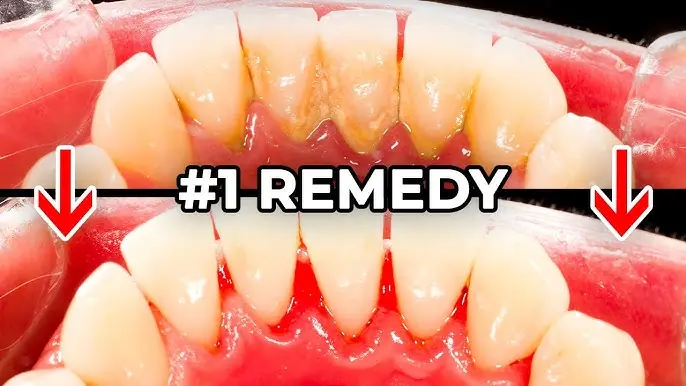
The #1 Most Effective Remedy for Dental Plaque (And How to Beat Tartar at Home)

JUST 1 CUP FLUSHES POUNDS OF TOXIC WASTE

Just 2 Nuts a Day Can Support Your Thyroid, Help With Weight Loss, and Balance Blood Sugar
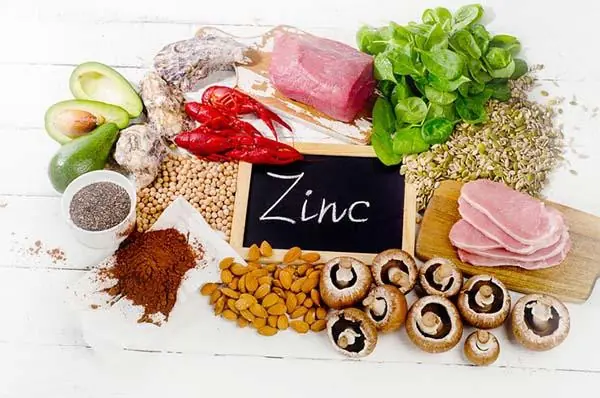
Zinc Deficiency Triggers Inflammation in Your Body — Here’s What to Eat to Fix It
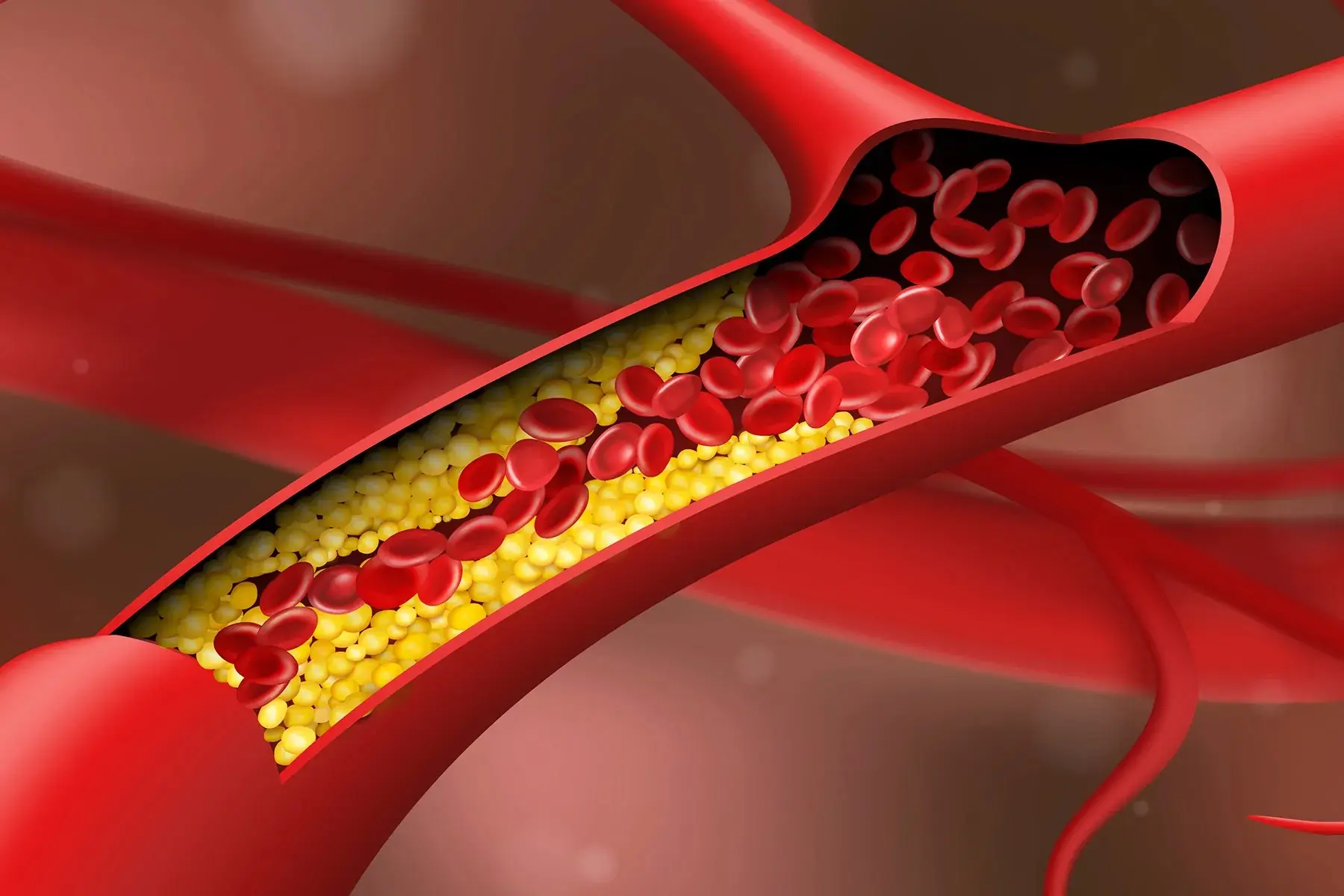
CLEANSE CLOGGED ARTERIES WITHOUT MEDICATION
News Post

Maple Trees from Root to Crown: A Complete Guide to Every Edible Part

California Poppy: Nature’s Gentle Remedy for Relaxation and More

What is its purpose. see details

When a woman stops loving a man, she begins…

5 hygiene mistakes that many people make... but no one dares to talk about...

Don't make the mistake of throwing away tea bags. see more

🪟 Vinegar Is the Key to Streak-Free Windows & Shiny Surfaces — But Most People Use It Wrong

When your liver is bad, these parts start to hurt

Euphorbia Hirta: 30 Benefits and How to Use It Safely

What does this gesture mean?

The Hidden Power of Common Lantana (Lantana camara): What You Can Safely Do with It at Home

This Is The Mistake You Make When Using An Electric Kettle

Top 12 ways to quickly improve blood circulation in legs
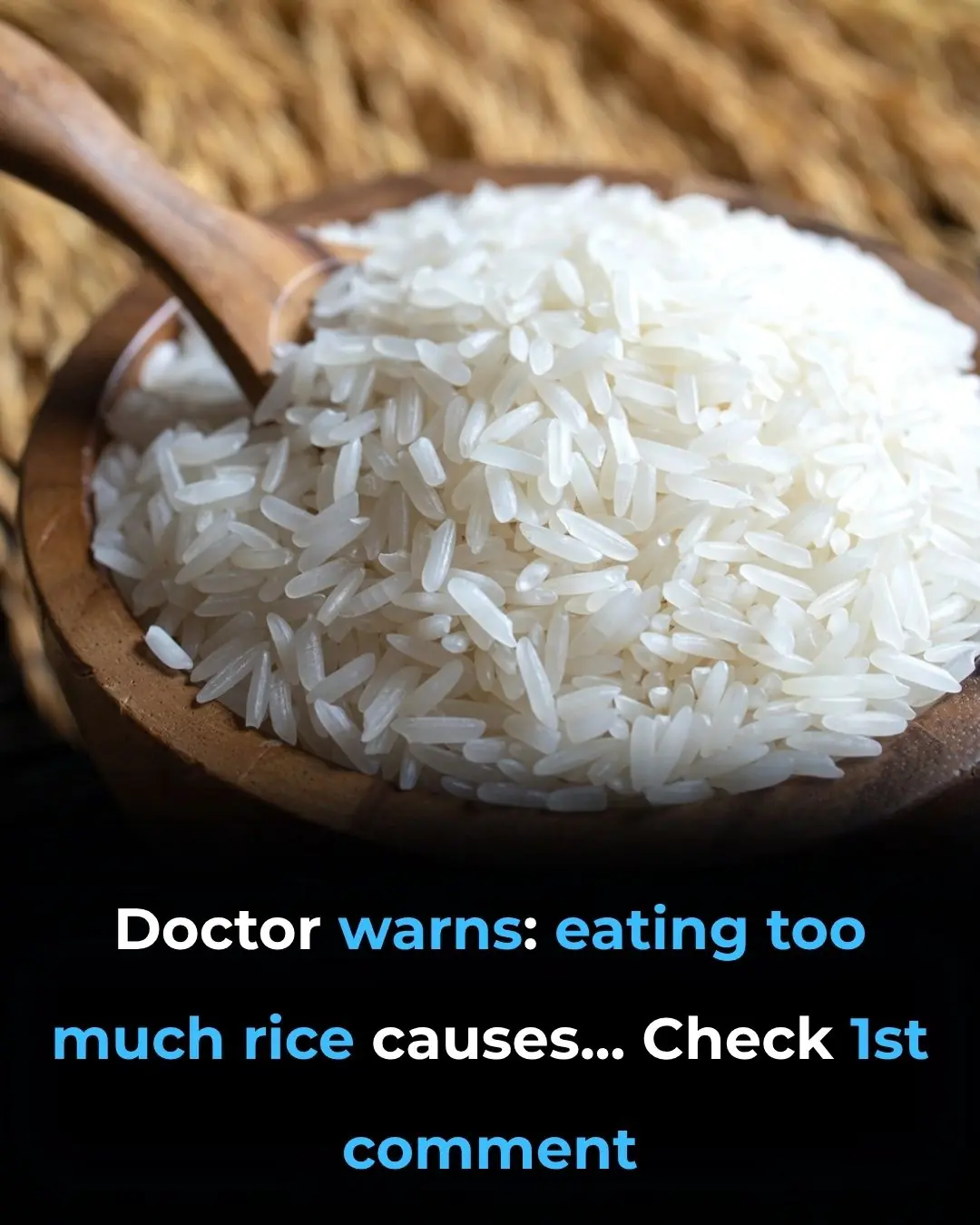
Is Too Much Rice Harming Your Health

Has This Ever Happened to You? The Strange Phenomenon That Freezes You in Your Sleep

Some people are only now realizing what the “WC” sign stands for on washrooms

Tingling Sensation In Your Body: Why Does It Happen

Unbelievable Discovery: Praying Mantis Eggs Found in Christmas Tree
